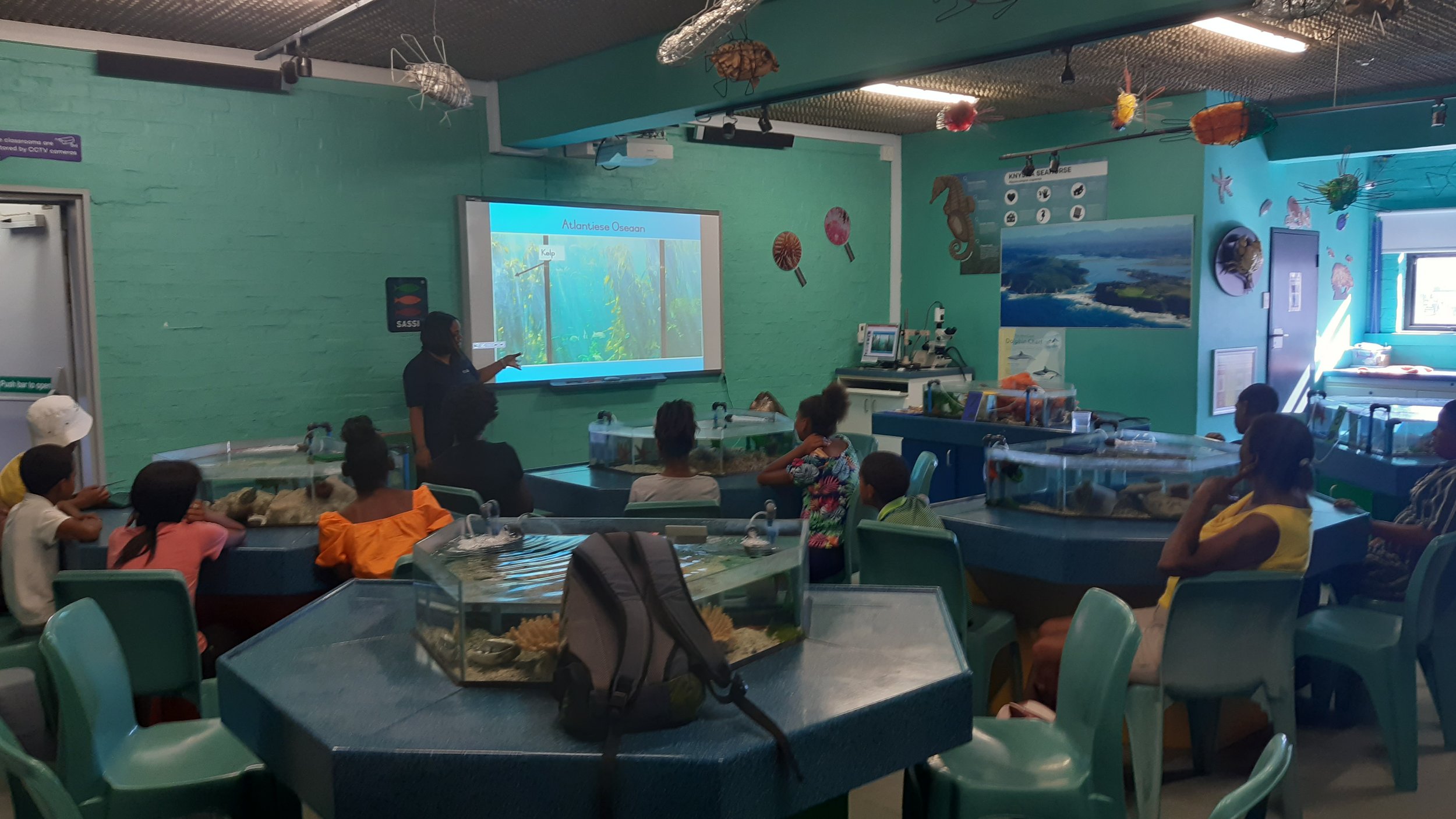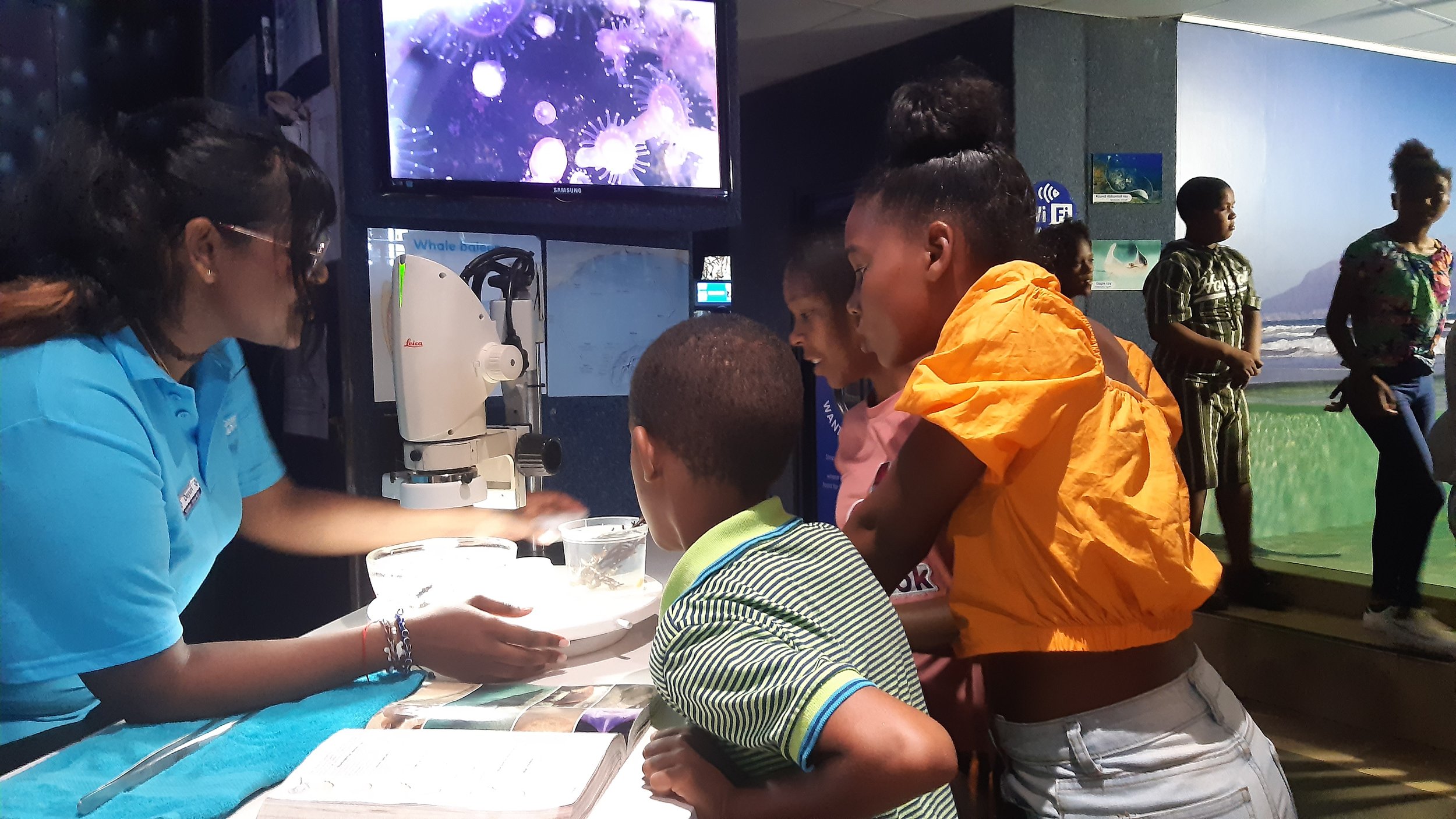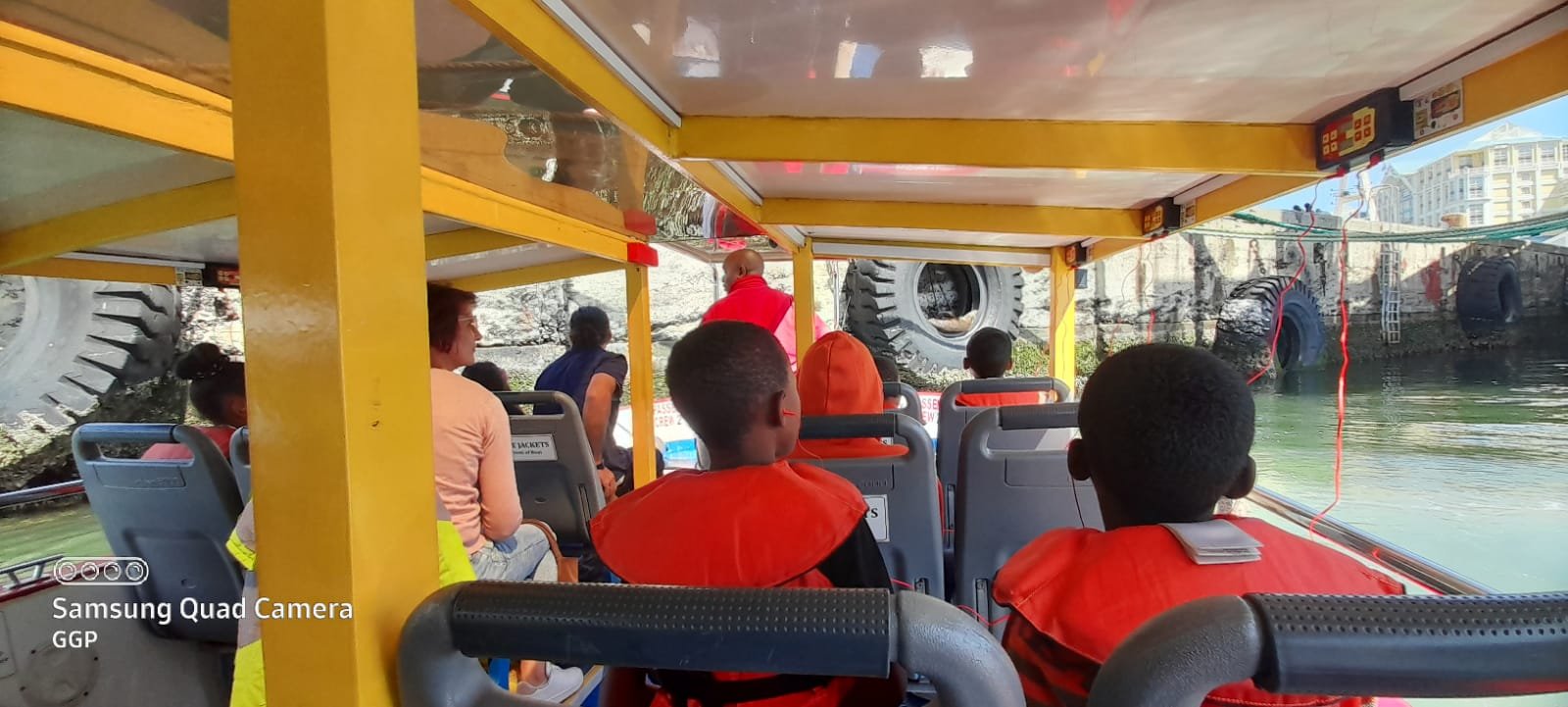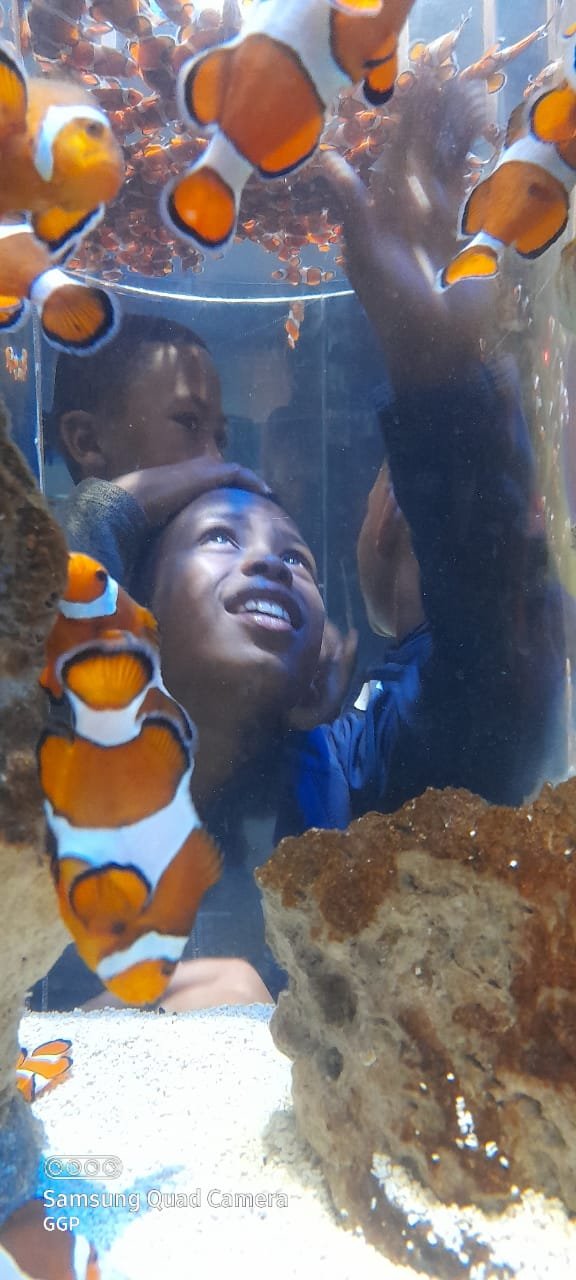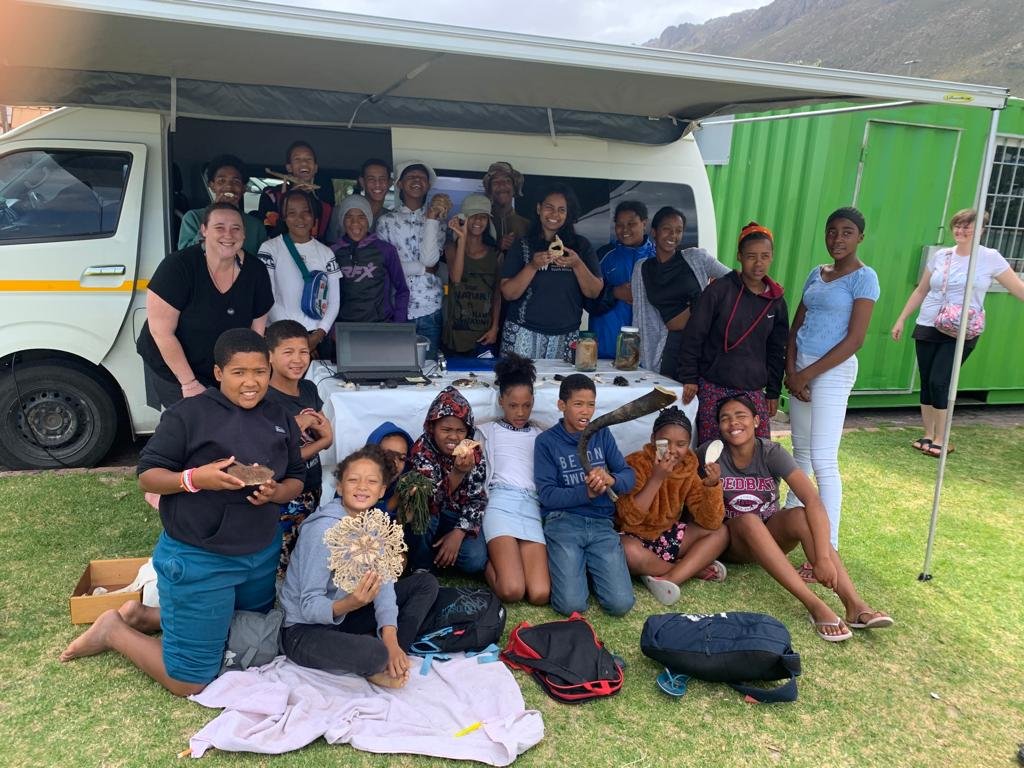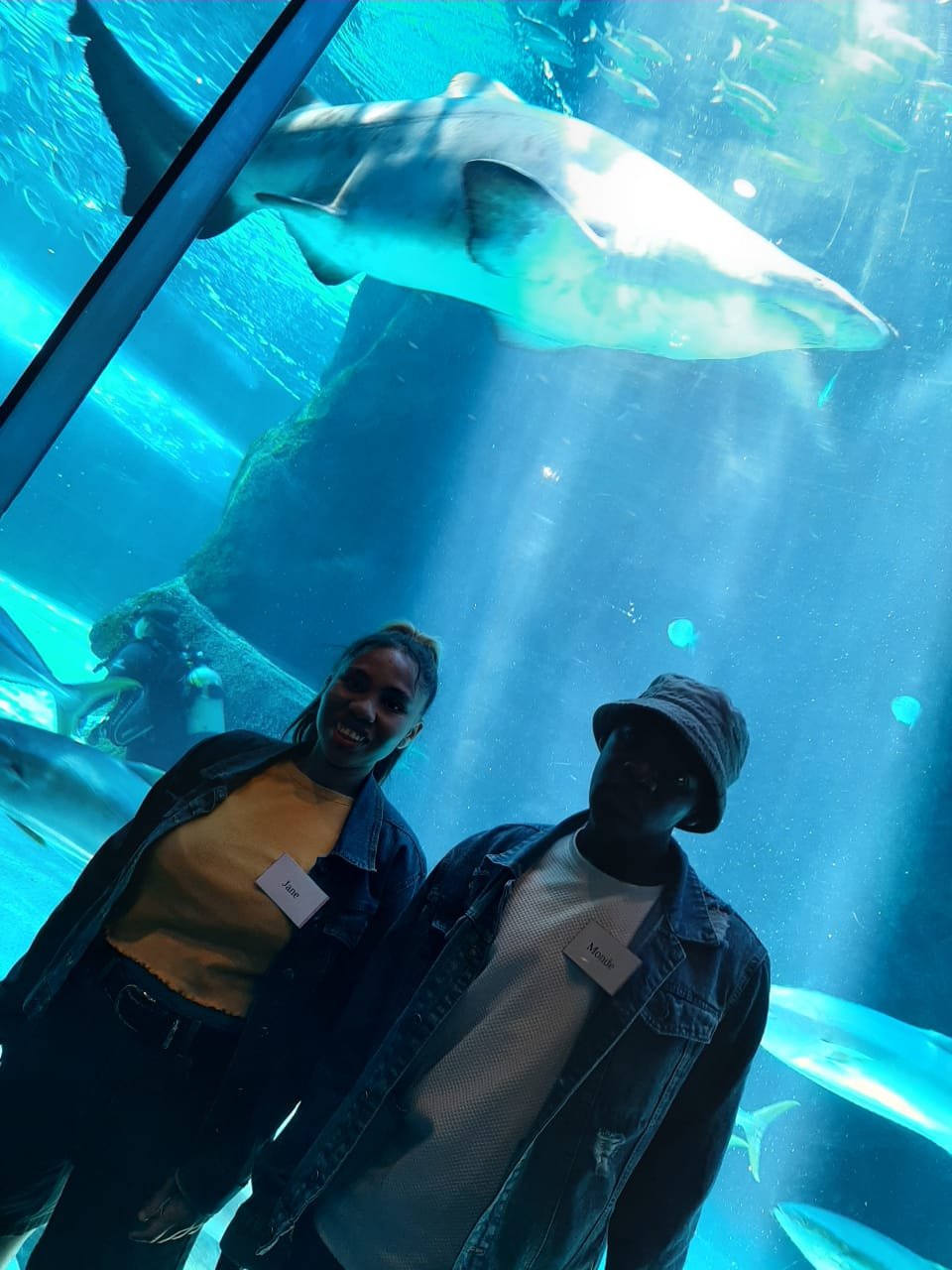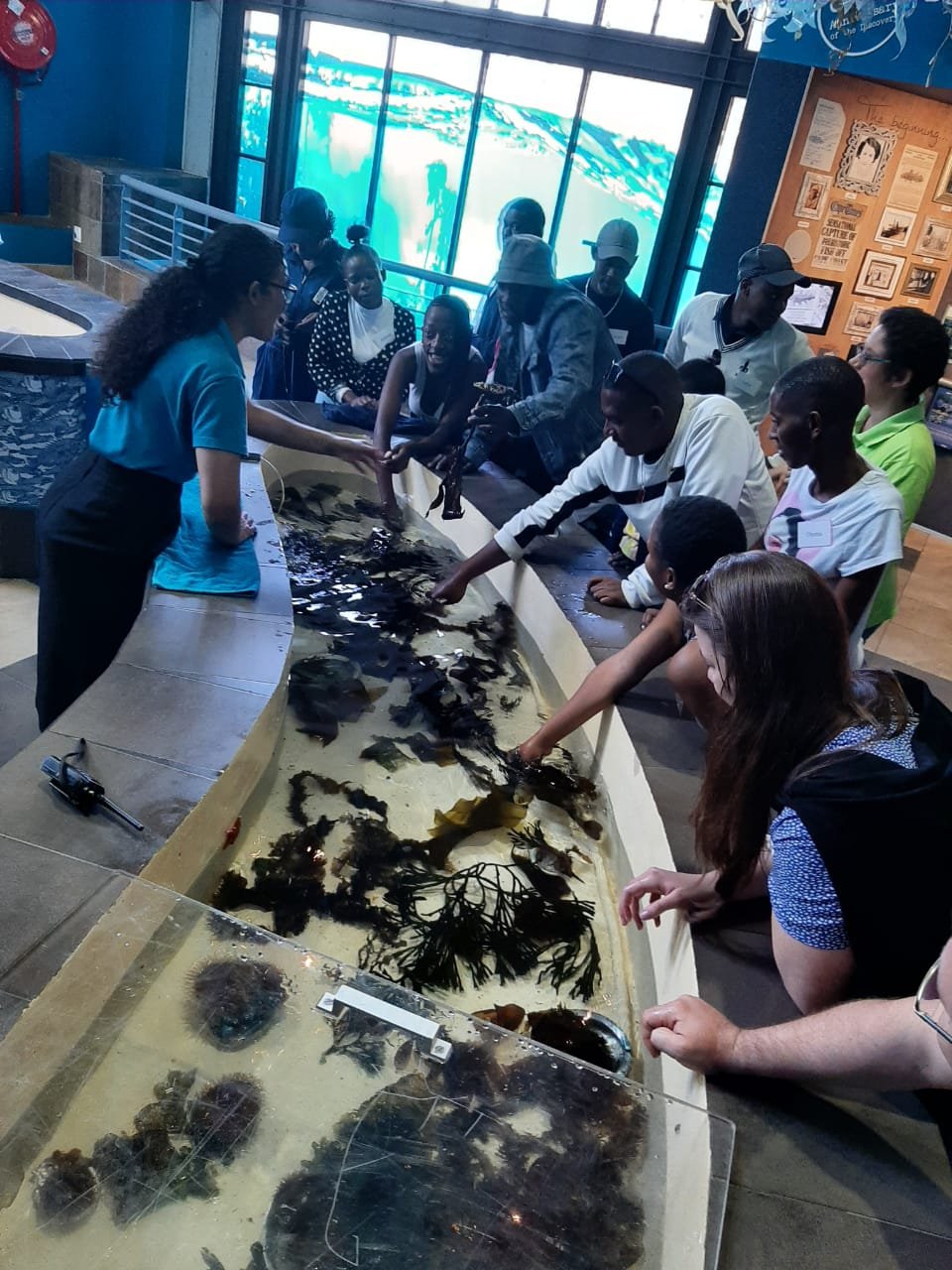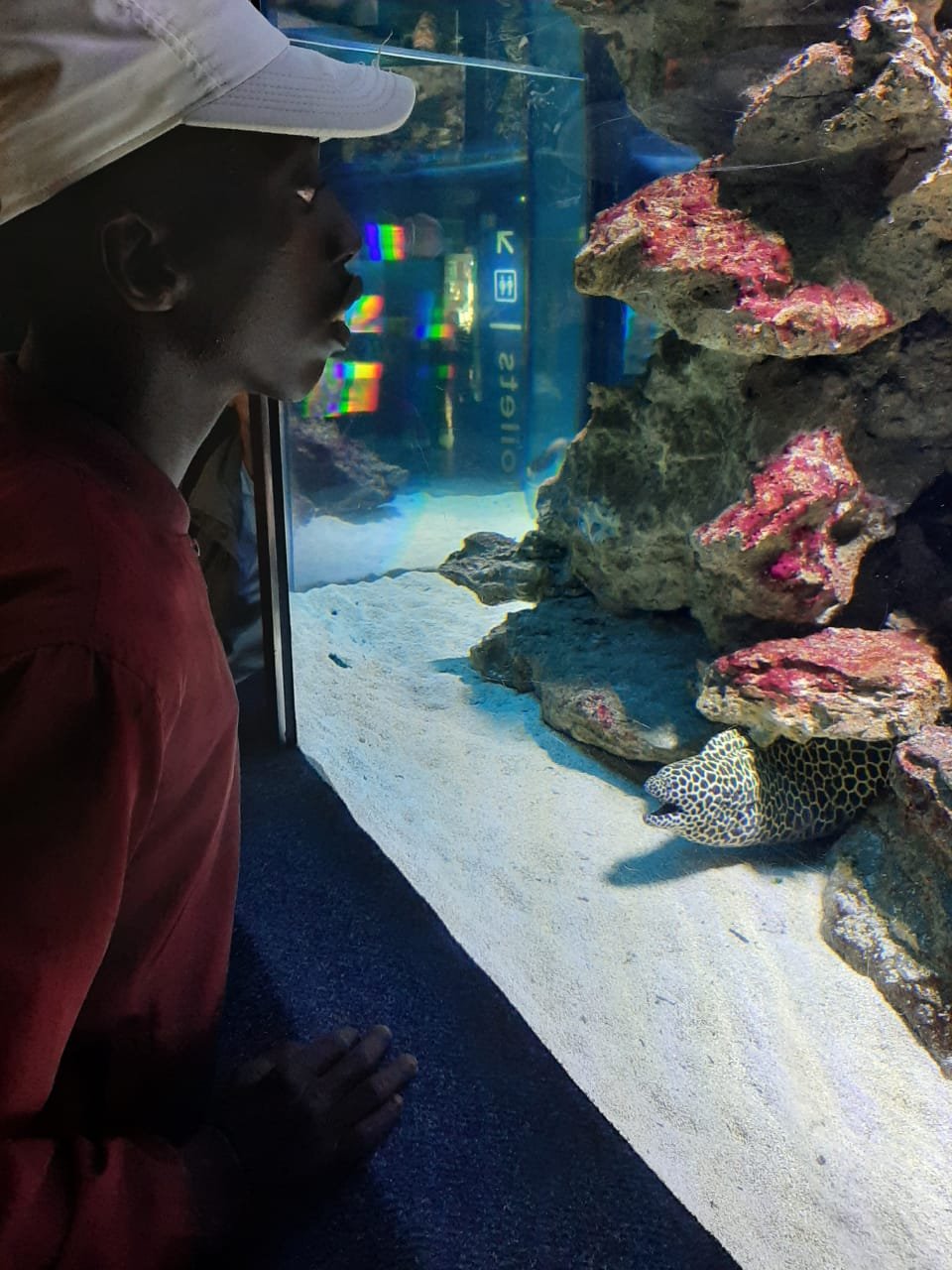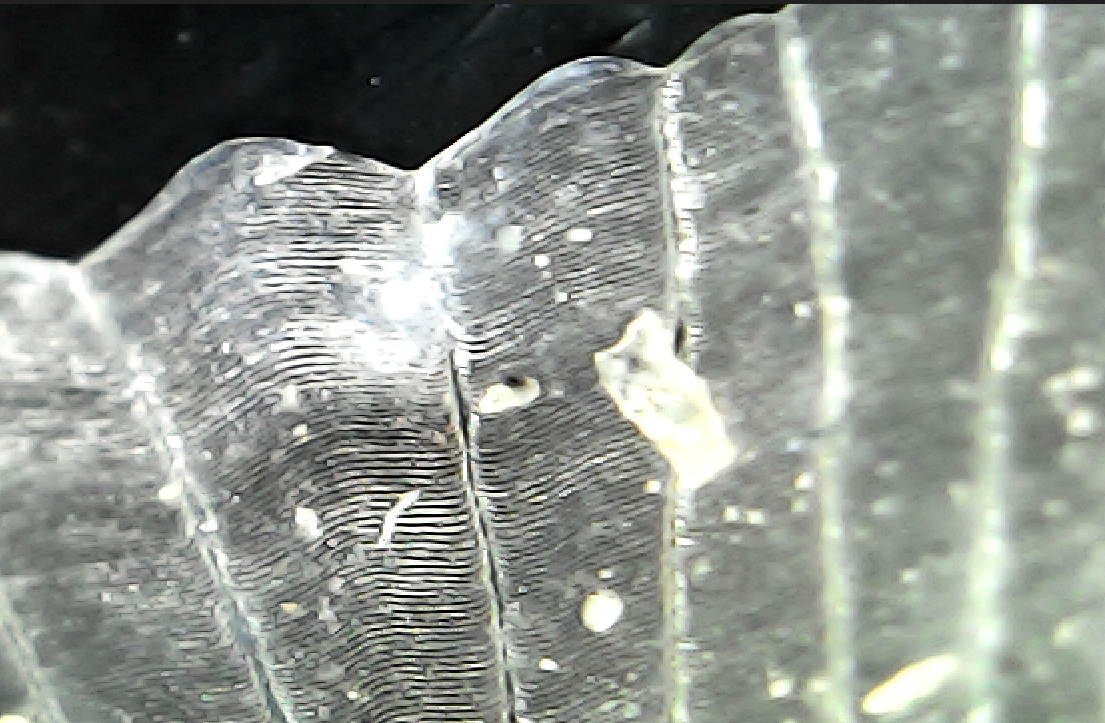Ocean Decade 2021 – 2030
“The marine realm is the largest component of the Earth’s system that stabilizes climate and support life on Earth and human well-being”. UNESCO
Decade of Ocean Science for Sustainable Development (2021-2030) was proclaimed by the United Nations in 2017, after the First World Ocean Assessment released in 2016. The assessment presented that large areas of the ocean are now seriously degraded: affecting not only marine life, but function and benefits from marine systems for human health and wellbeing.
The Ocean Decade initiative is necessary to create an accessible common framework to inform the stakeholders and global community. To foster knowledge in Ocean Literacy which can be transformed into tangible actions for the conservation and sustainability of the ocean. This is where biosphere reserves can play a role in education and awareness. The Ocean Decade highlights the critical role that the ocean has in the survival of the planet’s ecosystem, its impact on ones’ everyday life, and humans’ impact on the ocean.
Considering the pressing challenges that the ocean is facing, including pollution (often originating from land), over-exploitation of resources, and climate change, awareness in Ocean Literacy addresses the need to foster vital behavioural change in attitudes and values towards the ocean.
The UN Ocean Decade envisages a future where Ocean Literacy is part of formal and non-formal education creating more awareness amongst youth, a motivated empowered global community whose knowledge will result in positive actions to address the most urgent threats to ocean health. Inform and change in behaviour, strategic planning and decision making of governments, businesses, and industries.
Ultimately fostering the connection between humans and the ocean to ensure its continued biodiverse presence, responsible use, and conservation for future generations.
Delve deeper: https://oceandecade.org/
As part of Logistical Support, one of three pillars of biosphere reserves, Cape Winelands Biosphere Reserve (CWBR), in partnerships, facilitate events by the sea and outings to an aquarium for youth and adults to inspire inquisitiveness and excitement for the ocean and its marine life, create awareness, and introduces participants to marine education and careers in the ocean sciences.
A few highlights from the last year till now:
Through the UNESCO Be Resilient Project, the CWBR team has built a strong relationship with community members in Faure. In partnership with the Pearl Project, the CWBR has facilitated three outings in February and March 2023 to Two Oceans Aquarium for fifty-four youth. The activities include a classroom workshop, guided tour of the Aquarium, an educational Puppet Show, and a boat ride along the famous Cape Town Waterfront. Introducing, and exciting youth in the importance of preserving the water cycle, as an essential natural service providing for all living things.
Two Oceans Aquarium
The CWBR facilitated a Marine Science outing for 24 youth from a community in Franschhoek last year at the start of December. The educational component was facilitated by Dr M Boonzaaier-Davids (marine biologist from Iziko Museums of South Africa), and CWBR facilitators. The outing took place at Gordons Bay and the group learned about marine research and museum collections with some teaching specimens from the Iziko South African Museum. These included jars with baby sharks and rays, fish, starfish, octopus and other marine invertebrates the group was able to view up close. There was also a sandcastle competition.
Dr M Boonzaaier-Davids teaching the youth
The group posting with marine specimens
The outing concluded the National Geographic Marine Science Engagements as part of Dr M Boonzaaier-Davids Early Career Grant to perform research on micro-invertebrates. Her research focused on Filling in the gaps: Investigating benthic faunal diversity of South Africa’s understudied coastal regions. Explore her profile on National Geographic: Dr M Boonzaaier-Davids.
The CWBR facilitated a relaxed day at Gordons Bay beach for fifteen mums and their babies who have attended the December 2023 Flourish classes. For many of the mothers, and all the babies, it was their first time by the ocean. After a short talk about the location, the ocean, tides and the rocky shore organisms, mums were free to enjoy the beach with their babes and some even ventured into the shore break.
An unforgetable day for the whole group, the mums thoroughly enjoyed the excusion to Gordons Bay
As part of end-of-year celebrations, a CWBR partner Care Career Connection who work with people with mental and physical disabilities, were funded a day outing to Two Oceans Aquarium. It was a first-time experience for all beneficiaries who thoroughly enjoyed it.
The CWBR team was invited to host a lesson on Fish, utilizing the mobile educational unit STEAM-Y for the Grade 2’s at Bridge House as part of their lesson plan, to add a hands-on component to what they are learning in the classroom. The pupils had a basic knowledge of fish but were excited to be able to see inside a fresh fish as many of them had never been fishing before. The focus was on what makes it possible for fish to live in water. Together with the CWBR team, the students were able to locate the various organs, including the swim bladder, spinal cord, lateral line, gills, ovaries etc. The digital microscope was used to magnify scales. The students saw the lines on the scales that are used to age a fish.
Outdoor classroom
Fish Scales - Digital Microscope
Learning fish anatomy
The CWBR also assists De Hoop with their yearly Social Outreach Programme, bringing youth who have never seen the ocean to the pristine area to experience camping under the stars, a marine guided walk along the Rocky Shore, and a safari drive. Several of the marine guides were trained through the CWBR facilitated FGASA and Life Skills Programme. Now giving back through the De Hoop Social Outreach Programme.
The CWBR is also a member in the World Network of Island and Coastal Biosphere Reserves, a forum of cooperation and networking to exchange knowledge and share possible solutions.

